Trusted Machine Tool Maintenance Services
At Peiffer Machine, we believe that the key to maintaining machine “up time” is preventing “down time.”
Whether it is newly purchased or a long-serving workhorse, your machine tool will benefit from regular inspection and maintenance. Our trained ears, precision tools, and more than 65 years dedicated to working with machines provide the highest-quality service your maintenance budget dollars can buy.
Scheduled Machine Tool Maintenance to Avoid Downtime
Through regular inspections and maintenance, you can hopefully avoid costly emergency repairs. Most machine tools benefit from PM service at least once a year. This schedule can be adapted based on a variety of factors, including the use of the machine, materials being run in the machine, climate, and the environment the machine is running in. PM service is recommended for all machine tools – regardless of age of the machine.
For our PM work, we work within your schedule to inspect and service your machine tools. Many long-time Peiffer customers prefer to pre-arrange machine tool maintenance calls during plant shutdown times to minimize the impact on their operations.
Don’t have time to shut down? Let’s talk about how we can embed a Peiffer team member into your operations for predictive or preventive maintenance over a period of weeks or months.
Call 717-933-5611 to learn more.

Peiffer’s Preventive Maintenance Tools
Our machine tool experts rely on a variety of precision measurement equipment to ensure your machine tool is accurate, precise, and true.
- Over 100 different taper test bars
- Various high-precision standard and column levels
- Laser compensation
- Laser alignment
- Granite squares
- Precision parallel bars
- Ball bar
- Detailed service report

Facets of a typical PM Service job
We come to where your machines are and bring all the necessary tools and materials.
Checking machine operation and moving the machine bed into proper position for servicing.
In the process of removing the way covers to begin clean out and inspection.
In many cases, metal chips and residual machine fluids hinder performance and must be cleaned out before inspection and adjustment begin.
Taking a reading with an indicator to check “backlash” in the machine table (x axis).
Using a feeler gauge to check “play” or “lift” in the box ways.
Working on re-assembling the way covers.


